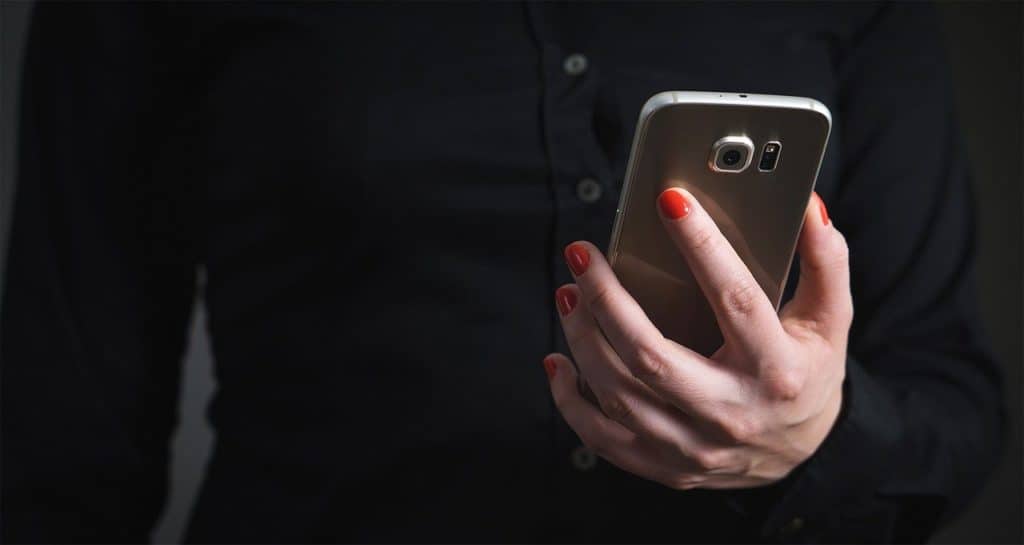Should you be honest at a job interview?
Being honest about your flaws could land you the job
Should you hide your weaknesses or be upfront and bold about them. Should you be honest at a job interview.
Too often when asked about weaknesses we fall into the habit of stating safe reasons such as ‘I don’t suffer fools gladly’.
When I do interview coaching with clients we talk about what to share and choose examples that are real, but not relevant to the job.
For some jobs being creative is essential, but if not you could say – “I find it hard to identify new ideas, but I’m able to build on the ideas of others”.
But should you be honest at a job interview, be even more honest and talk about weaknesses that seem essential to the job. Remember in the film, The Devil Wears Prada, the Anne Hathaway character says that she isn’t interested in fashion, yet she gets the job.
Recent research, published in the Journal of Applied Psychology. from scientists at University College London suggests that being be honest at a job interview may be the best way to get the job. Their research says that well-qualified people who volunteer their flaws in job interviews are more likely to be successful because they stand out from their rivals. But this only relates to people who otherwise are a great match for the job. It won’t help to be honest at a job interview if you are not a great fit.
The researchers investigated teachers applying for placements in the US as well as lawyers applying for positions in a branch of the US military, Nearly 2000 people in total.
They found that to be honest at a job interview leads to success. When we try to present ourselves as perfect we come across as unauthentic and too good to be true.
Their research found:
- Lawyers: being upfront about their flaws resulted in a five times better chance of landing a job than those who sought to convey a flawless image.
- Teachers: aspiring teachers were 22% more likely to be successful.
Dr Celia Moore: “… if you are a high-quality candidate, you can be yourself in the job market. You can be honest and authentic, and if you are, you are more likely to get the job.”
Dr Sun Young Lee: “People are often encouraged to only present the best aspects of themselves at interview so they appear more attractive to employers, but what we’ve found is that high-quality candidates – the top 10 per cent – fare much better when they present who they really are.”
The researchers found that those using more self-verifying language had better results.
- These include “insight” words such as “think”, “sense” and “feel”, which indicates a candidate understands themselves and may have a better ability to navigate the demands of the new job.
- Peppering answers with so-called “seeing words”, such as “look”, “see” and “view”, also help to subtly convince an interviewer the candidate is being open about their weaknesses and not concealing any flaws
Don’t forget if you are not a great match, keep quiet on imperfections. This only works for people who are a great match.
Has this worked for you? I’d love to find out how this relates to people from a broader range of professionals.
I look forward to your comments below.





